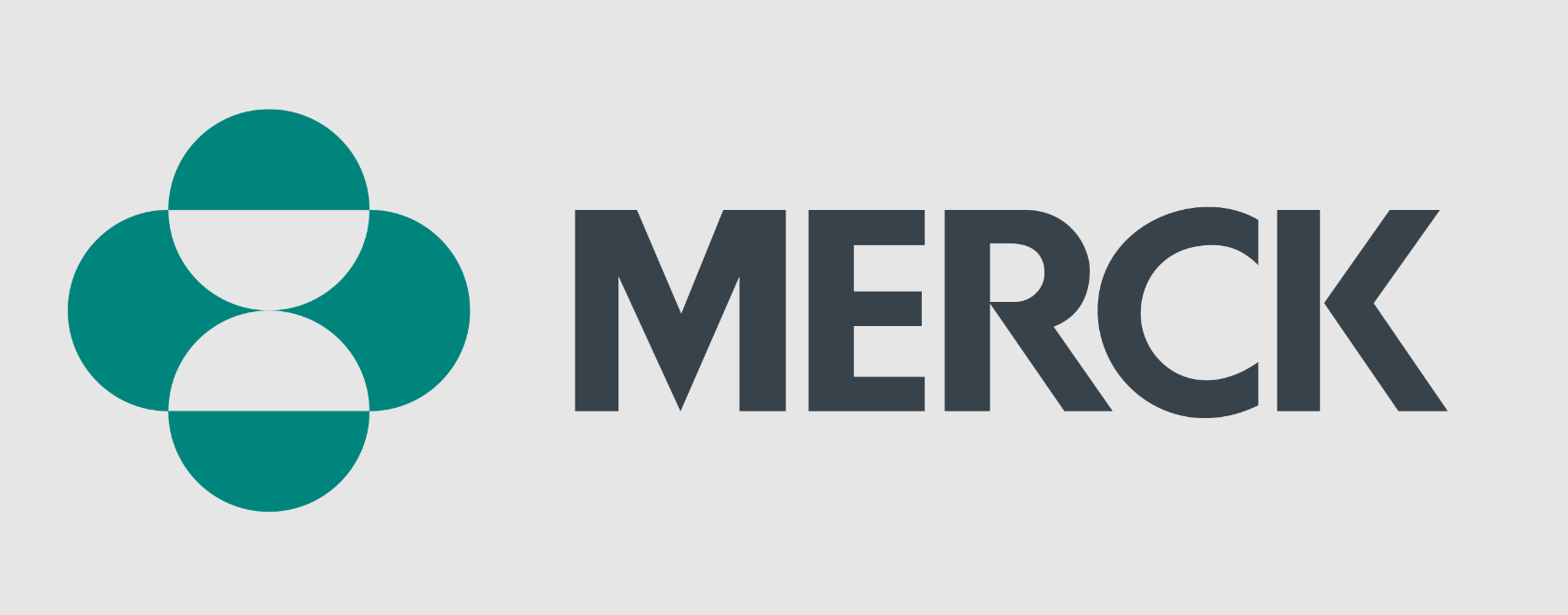Merck Reveals New Long-Term Data For Tulisokibart At UEG Week 2024
Merck reveals long-term efficacy data for tulisokibart in treating Crohn’s disease and ulcerative colitis.
Breaking News
Sep 27, 2024
Mrudula Kulkarni

Merck (NYSE: MRK), branded as MSD outside the US and Canada,
has unveiled new findings on the long-term effectiveness and safety of
tulisokibart (MK-7240), a novel humanized monoclonal antibody targeting the
tumor necrosis factor (TNF)-like cytokine 1A (TL1A). These results, focusing on
ulcerative colitis (UC) and Crohn’s disease (CD), will be showcased at the
United European Gastroenterology (UEG) Week 2024 Congress in Vienna, Austria.
The data from the Phase 2 ARTEMIS-UC and APOLLO-CD studies
will be highlighted in two oral sessions. The long-term analysis from the
open-label extension phases of these studies demonstrates sustained efficacy at
week 50 for patients who initially responded to the 12-week induction therapy.
The safety profile observed remained consistent with earlier reports. The key
presentation details are as follows:
a.
OP078: Long-term efficacy and safety of
tulisokibart in Crohn’s disease (CD), featuring results from the Phase 2
APOLLO-CD open-label extension; October 14, 10:12-10:24 a.m. CEST.
b.
OP194: Long-term efficacy and safety of
tulisokibart in ulcerative colitis (UC), featuring results from the Phase 2
ARTEMIS-UC open-label extension; October 15, 11:54-12:06 p.m. CEST.
Merck has launched two pivotal Phase 3 trials to assess the
effectiveness and safety of tulisokibart for treating ulcerative colitis (UC)
and Crohn’s disease (CD). The ATLAS-UC (NCT06052059) and ARES-CD (NCT06430801)
studies are the first Phase 3 investigations of an anti-TL1A antibody targeting
inflammatory bowel disease. In addition, the Phase 2 ARTEMIS-UC study, which
explored tulisokibart's impact on moderately to severely active UC, recently
had its results published in the New England Journal of Medicine.
These findings, originally presented at the 18th Congress of
the European Crohn’s and Colitis Organisation (ECCO) in 2023, demonstrate that
tulisokibart significantly outperformed placebo in inducing clinical remission
after 12 weeks. The publication also includes supplementary data from a
pre-specified analysis of patients showing a higher likelihood of response from
initial study cohorts.
Dr. Aileen Pangan, vice president, global clinical
development, Merck Research Laboratories, commented “Many patients with
inflammatory bowel disease do not achieve their treatment goals despite
available therapies. There is still a need for additional treatment options to
enable patients to manage the challenging symptoms of ulcerative colitis and
Crohn’s disease. We are encouraged by the new maintenance data for tulisokibart
in ulcerative colitis and Crohn’s disease, which shows the potential of this novel
approach to help patients achieve long-term clinical remission.
